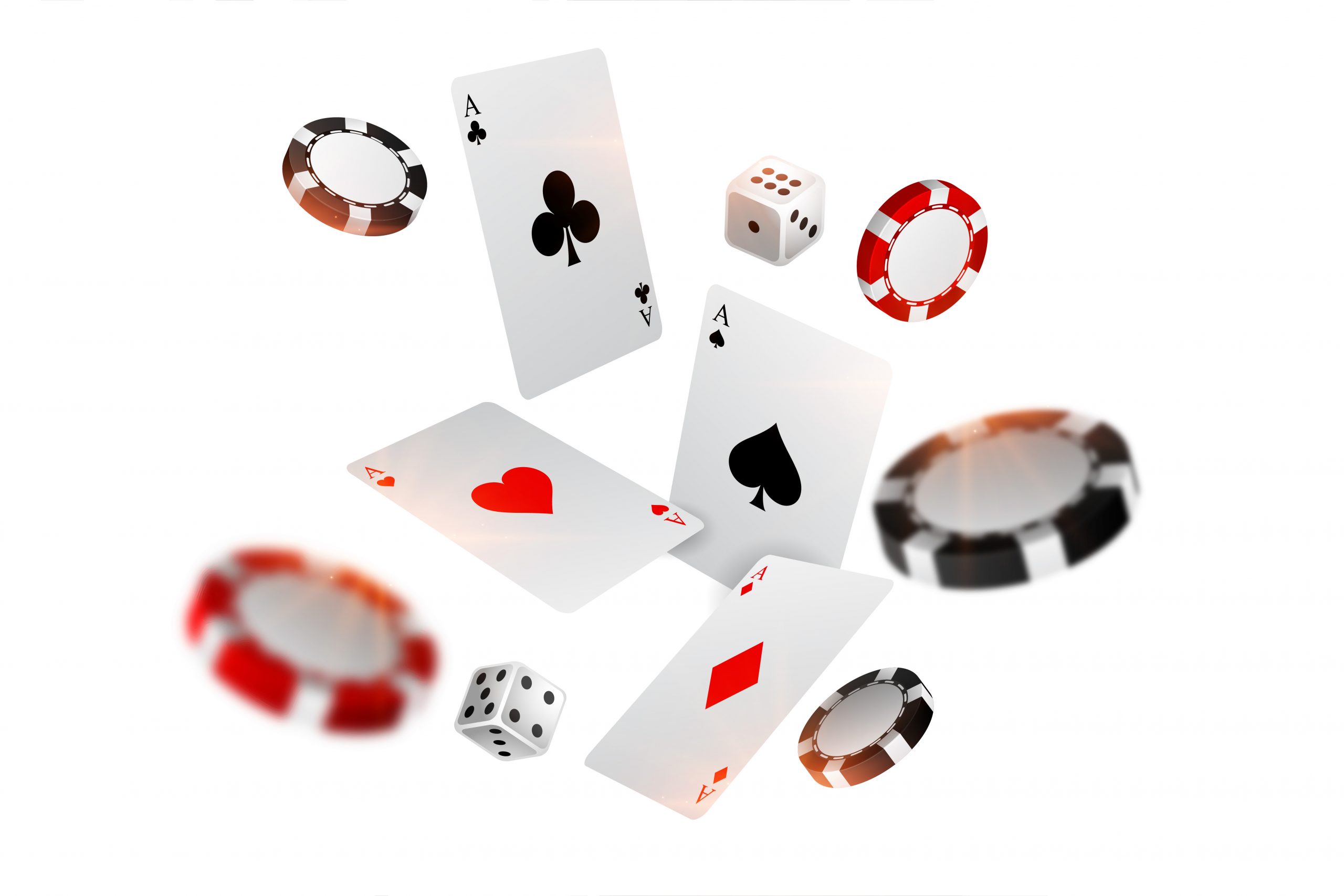
Number 5 Quick Poker Tips
Tip 1: Fold If Uncertain
Do you want to know what separates a bad player from a professional player most significantly? When they believe they are outplayed, a good player can lay down a strong hand like top pair.
Despite how easy it may seem, it is actually quite difficult to accomplish due in part to the structure of our brains. We are naturally inquisitive and competitive. When we fold, we give up the potential to win the pot and forfeit the opportunity to discover the hand our opponent is holding.
The second fastest way to lose at poker is to call too frequently and in the wrong circumstances (after ineffective bluffs). Do yourself a favor and fold whenever you’re not sure whether to call or fold in response to a bet or raise.
Pro Tip: When folding in one of these circumstances, be sure to record the specifics of the hand so you may review them later to see if you made the appropriate decision. It’s an excellent method to regularly hone your skills and fill in the knowledge gaps in your poker knowledge to study and/or debate these kinds of hands.
Tip 2: Attack when your adversary displays weakness.
Players don’t check as frequently as they should when they have hands that might call numerous bets. As a result, when they do check, they typically hold a weak hand and will frequently fold in the face of successive bets. This is the instance of “bluffing with nothing” that I mentioned previously.
You can take advantage of your opponent using an aggressive bluffing approach when they exhibit a lot of weakness in a heads-up pot (for example, by checking on the flop and turn). You should not only bluff with your typical semi-bluffs, but you should also bluff outright with a few nothing hands, preferably ones with strong blocking effects.
Tip 3: Don’t worry about survival and play strong poker early in tournaments.
The start of poker tournaments is not the proper time or place for stack preservation. One of the most frequently misunderstood elements of tournament poker strategy is this.
Remember that you’ll need to at least double or triple your initial stack in order to place in the money (usually more). To develop a stack for a long run, you should play strong and aggressive poker early on as opposed to playing defensively.
Only when you are short-stacked and close to the money bubble or a pay leap should you switch to a more survival-focused playing strategy. This crucial aspect of tournament strategy is covered in further detail by 홀덤사이트.
Tip 4: Only play if you feel like it.
No matter if you are a hobbyist or a professional player, playing poker should be enjoyable. It makes logical that you should only play this intellectually demanding game when you feel joyful because that is when you will perform at your best.
You should end the session immediately if you start to feel frustrated, worn out, or angry. By doing this, you are probably saving yourself a ton of money. Tomorrow, poker will still be available.
Pro Tip: Before a session of poker, I practice going all-in and losing my whole stack on the first hand. If the idea of it doesn’t upset me, I’ll know I’m prepared to give it my all for a lengthy session. However, I think twice about playing if going all-in and dropping one of my buy-ins on the first hand seems terrible.
Tip 5: Only Participate In Good Games
In the first 30 minutes at the table, if you can’t identify the loser, you are the loser.
As accurate today as it was when Matt Damon’s character Mike McDermott said it in Rounders (1998). You must play against players who are weaker than you if you want to win in poker.
Consider this: You will be the best player at almost any table if you are the ninth-best poker player in the world. However, if you sit down at a table with those eight players, who are better than you, you end up being the loser.
You should always position oneself to have the best possibility of winning. For this reason, it’s crucial to put your ego aside when playing poker.
The bottom conclusion is that if you want to have a positive win-rate, you often need to be better than half the players at the table. Additionally, you should play against the worst opponents you can find if you want to turn a sick-good profit.
An outline of a good poker game is provided below:
- At least one player consistently limps.
- There are a lot of multiway pots.
- Re-raises are either extremely infrequent or quite common.
In a game where two or more of these boxes are checked, your chances of winning are excellent. If none of these are checked, stand up and move to a table where they are (unless you feel like putting your poker strategy to a test).
Make sure to use the table statistics offered by the majority of poker sites if you play online. Select a poker table online where there is a large average pot size and a high proportion of players who see a flop. This is a crucial online poker strategy that beginners frequently overlook.